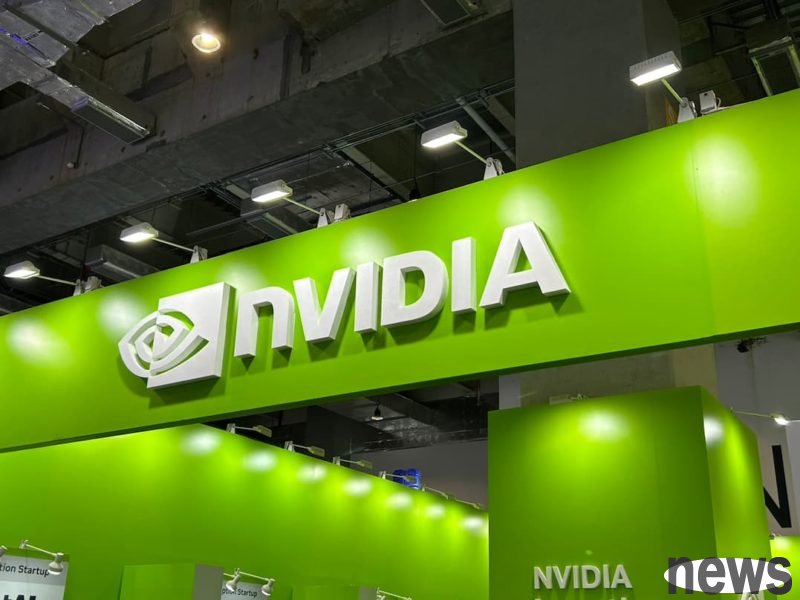
According to an exclusive report by the Wall Street Journal, a multi-billion-dollar deal to export NVIDIA (NVIDIA) artificial intelligence (AI) chips to the United Arab Emirates (hereinafter referred to as the United Arab Emirates) has been stalled nearly five months since it was signed, frustrating CEO Jen-Hsun Huang and some senior U.S. officials.
According to people familiar with the matter, this delay is a major setback for Huang Renxun and White House AI director David (David Sacks). They had hoped the deal would move forward quickly to highlight a new U.S. technology strategy focused on exports that would be key to staying ahead of China in the AI race.
According to the May agreement, the United Arab Emirates agreed to invest in the United States in exchange for hundreds of thousands of NVIDIA chips per year. However, after months of negotiations, the investment failed to materialize, which confused some U.S. officials and they did not know the reason for the delay. According to reports, this agreement is largely in the hands of Commerce Secretary Howard Lutnick, because NVIDIA and others need to obtain permission from the Department of Commerce to ship chips to the United Arab Emirates.
Sources revealed that Lutnik put pressure on the United Arab Emirates to complete the investment in the United States first, and then have the Ministry of Commerce approve the chip delivery. These lengthy contacts slowed down the progress of the transaction. At the same time, the United Arab Emirates has close ties with China, and U.S. officials are worried that chips may flow to China’s AI industry, posing national security risks.
It is reported that Huang Renxun and many NVIDIA executives have privately complained to other government officials about Lutnick's methods and slow progress. However, company executives responded that Huang Renxun and others did not complain, and the company was not worried about how the deal was handled. The negotiations are high stakes for Lutnick, who has faced criticism for his tariff policies and charging a $100,000 fee for H-1B visa applications.
Currently, UAE is advancing the agreement in accordance with the "1:1" ratio, that is, the amount of investment in the United States will be exchanged for NVIDIA chips worth billions of dollars. UAE will invest at least $1 billion in the United States by the end of this year in exchange for at least $1 billion in NVIDIA chips, but may have to pay additional fees.
Delays to Trump’s U.A.E. Chips Deal Frustrate Nvidia’s Jensen Huang Further reading: NVIDIA partner assists Microsoft to obtain 100,000 units through Nebius GB300 Applied Materials warns that new regulations will impact revenue, semiconductor equipment stocks look green after the market